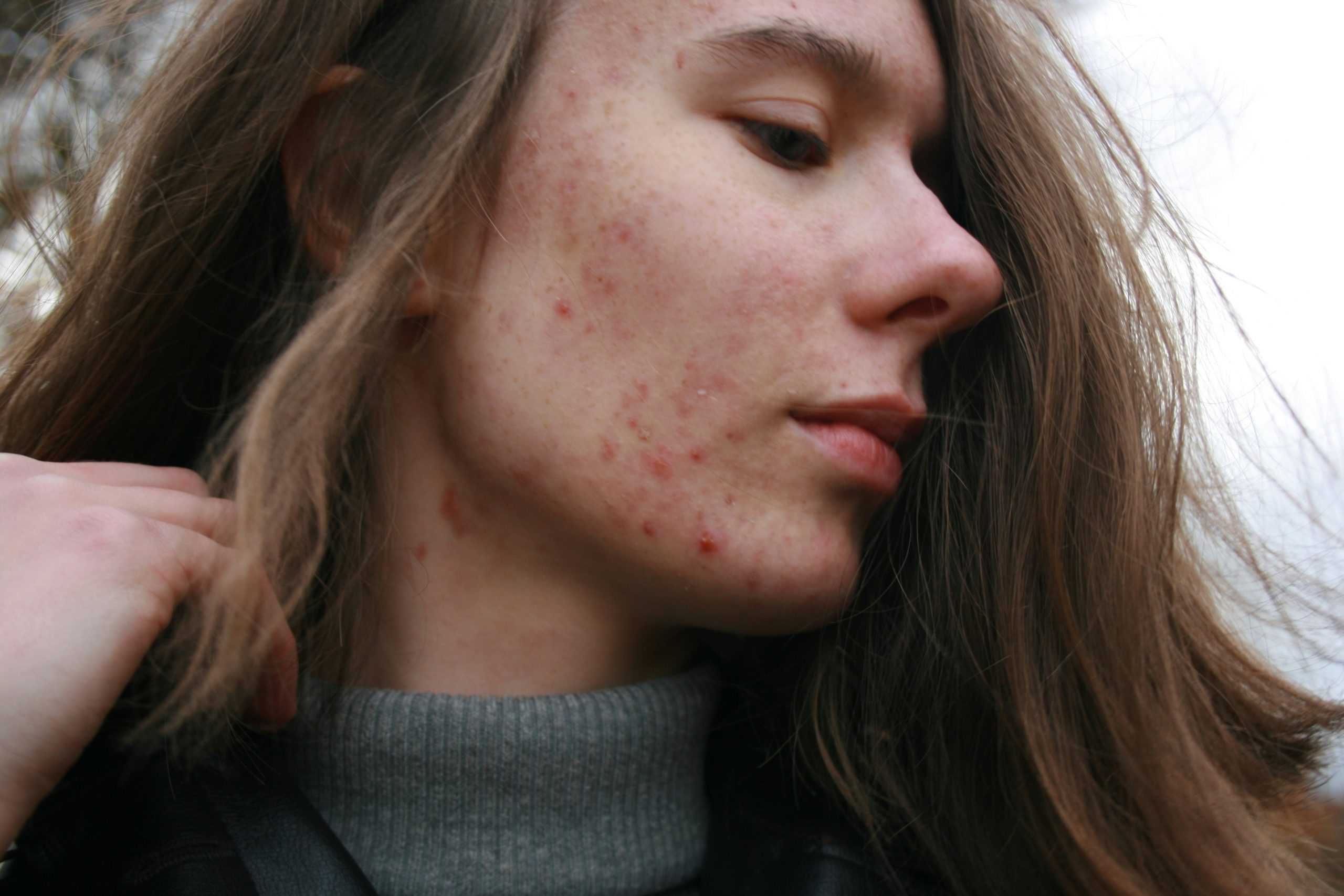Acne skincare products often rely on active ingredients that target various aspects of acne, including excess oil production, clogged pores, inflammation, and bacterial growth. Here are some of the best active ingredients for treating and managing acne:
1. Salicylic Acid
- Benefits: Exfoliates the skin, unclogs pores, and reduces inflammation.
- How it works: Penetrates into the pores to dissolve dead skin cells and excess sebum, preventing and treating acne.
2. Benzoyl Peroxide
- Benefits: Kills acne-causing bacteria, reduces inflammation, and helps to clear blocked pores.
- How it works: Releases oxygen into the pores, killing anaerobic bacteria (Propionibacterium acnes) and reducing the number of comedones and pimples.
3. Retinoids (Retinol, Tretinoin, Adapalene)
- Benefits: Promote cell turnover, prevent clogged pores, and reduce inflammation.
- How it works: Increase the rate of skin cell turnover, helping to keep pores clear and reduce the formation of acne lesions.
Note: Retinol can be very irritating ingredient and not suitable for many type of skin. Commision Regulation (EU) 2024/996 . The amendment concerns the use of Vitamin A, Alpha-Arbutin and Arbutin, as well as certain substances with potential endocrine-disrupting properties in cosmetic products. A new addition to Annexx III of Retinol, Retinyl Acetate, and Retinyl Palmitate. Maximum concentration of 0.05% RE in body lotion and 0.3% RE in leave-on and rinse-off products. Read more about these restrictions
4. Alpha Hydroxy Acids (AHAs)
- Examples: Glycolic Acid, Lactic Acid
- Benefits: Exfoliate the skin, improve skin texture, and reduce the appearance of acne scars.
- How it works: Remove dead skin cells from the surface of the skin, preventing clogged pores and promoting a smoother complexion.
5. Beta Hydroxy Acid (BHA)
- Example: Salicylic Acid (listed separately due to its significance)
- Benefits: See Salicylic Acid above.
6. Niacinamide (Vitamin B3)
- Benefits: Reduces inflammation, regulates oil production, and improves the skin barrier.
- How it works: Has anti-inflammatory properties and helps to reduce the production of sebum, making it effective for acne-prone skin.
7. Sulfur
- Benefits: Reduces oiliness and helps to clear blocked pores.
- How it works: Dries out the surface of the skin to absorb excess oil and unclog pores, helping to reduce acne lesions.
8. Zinc
- Benefits: Reduces inflammation and bacterial growth, and regulates oil production.
- How it works: Has anti-inflammatory and antibacterial properties, and helps to control the production of sebum.
9. Tea Tree Oil
- Benefits: Kills acne-causing bacteria and reduces inflammation.
- How it works: Has antimicrobial properties that help to reduce the presence of acne-causing bacteria on the skin.
10. Azelaic Acid
- Benefits: Reduces bacteria, exfoliates the skin, and reduces inflammation and pigmentation.
- How it works: Inhibits the growth of acne-causing bacteria, reduces keratin production (which can clog pores), and has anti-inflammatory effects.
-
I love using Azealic acid when I make a light weighted balancing face serum for my teenager daughter . If you would like to learn how to make your own skincare products have a look my course here.
11. Clay (Bentonite, Kaolin)
- Benefits: Absorbs excess oil and impurities from the skin.
- How it works: Draws out impurities and excess sebum from the pores, helping to prevent and reduce acne.
12. Willow Bark Extract
- Benefits: Natural source of salicylic acid, helps to exfoliate and clear pores.
- How it works: Contains salicin, which can be converted to salicylic acid, providing gentle exfoliation and anti-inflammatory benefits.
13. Green Tea Extract
- Benefits: Reduces inflammation and sebum production, and provides antioxidant protection.
- How it works: Contains polyphenols that have anti-inflammatory and antioxidant properties, helping to reduce acne.
14. Probiotics and Prebiotics
- Benefits: Balance the skin microbiome, reduce inflammation, and enhance skin barrier function.
- How it works: Support a healthy skin microbiome, which can reduce the incidence of acne and inflammation.
15. Aloe Vera
- Benefits: Soothes inflammation, promotes healing, and hydrates the skin.
- How it works: Contains anti-inflammatory compounds and polysaccharides that help to soothe irritated skin and promote healing.
Conclusion
Incorporating these active ingredients into your acne skincare routine can help address various aspects of acne, from reducing bacteria and inflammation to preventing clogged pores and promoting skin healing. It’s important to choose products that suit your skin type and acne severity, and to introduce new ingredients gradually to monitor for any adverse reactions. Take control of what you put on the skin , even dermatologist consultation does not give you the guarantee of suitable, natural , healthy skincare products. Look for a holistic dermatologist, or natural beauty therapist specialized in real natural skincare, or ayurvedic approach.
The Best way to know WHAT and HOW MUCH is used in your skincare product is learning how to make your own products. Full stop. I would like to invite you to see how my course can help you.
Hope to see you inside the course soon and say hi! I will be your personal tutor along the course. It will be a pleasure for me to help you to achieve healthy and radiant skin
